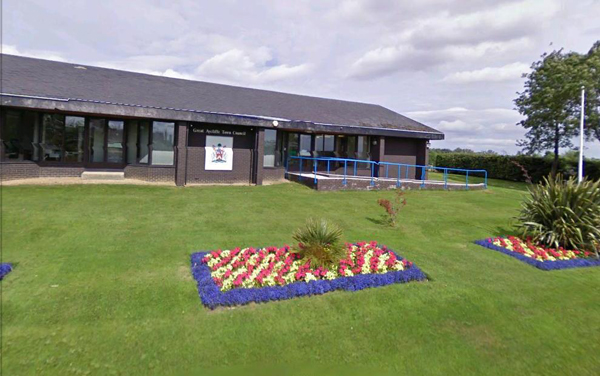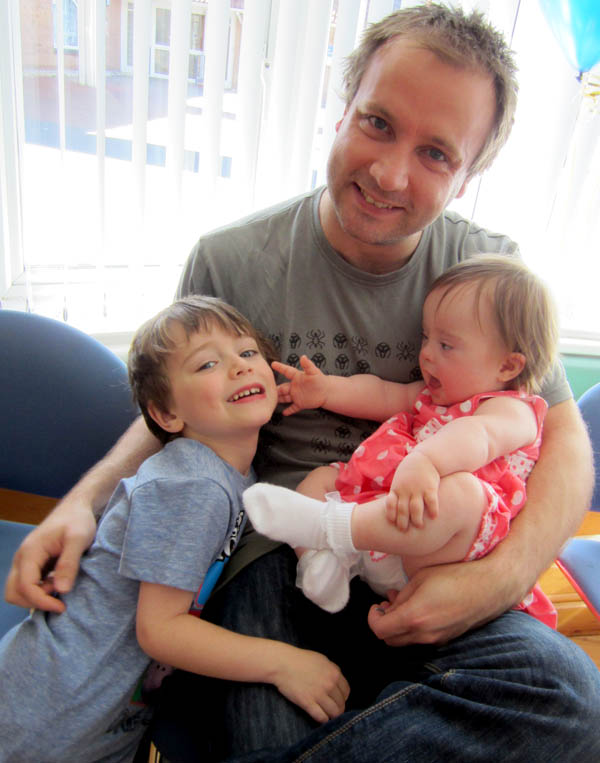Parents, carers and people providing childcare services for the under-fives are being asked to help shape a new approach to early years support designed to improve the lives of some of the county’s most vulnerable youngsters.
Proposals for the future of Children’s Centres in the County are now out for public comment and would see the emphasis shift from specialist buildings to community venues, in a drive to reach the families which need help most.
Earlier this month Durham County Council’s Cabinet agreed a 12 week consultation on the recommendations which are designed to ensure under-fives, particularly in the more deprived areas of the county, are ready for school life. A paper outlined how despite some successes the current reliance on Children’s Centres had failed to deliver the improvements hoped for.
As a result and following a review of Children’s Centres it’s proposed that taking the services to the communities focussing on places families already go, rather than expecting people to travel to fixed specialist venues, will be of greater help.
It’s an approach backed up by the council’s Early Years Strategy (http://democracy.durham.gov.uk/documents/s39331/Item%2012%201%20Early%20Years%20Report%20FINAL.pdf which aims to ensure that those children and families living in the most deprived areas get the help and support they require to prepare youngsters for their school life.
Under a national framework (Early Years Foundation Stage) the emphasis is on delivering a broad set of skills and understanding necessary to prepare very young children for their journey through school. It aims to ensure they can learn and develop, are kept safe and healthy.
In 2013, 52 per cent of children achieved a ‘Good Level’ of Development across England; however in County Durham the figure was 41.7 per cent.
Historically contact with the most vulnerable families has proven a challenge in the county and the council has introduced a wide range of services to address this including Think Family, Family Pathfinder Services, Family Intervention Teams and the Stronger Families programme. This approach is already delivering results.
The proposals would see the council retain 15 specialist fixed venue Children’s Centres, with the remaining 28 centres either transferring to schools and nurseries or being used for alternative purposes. No closures are proposed. By reducing spend on buildings, the council will be able to maintain its investment in family worker posts and ensure people continue to receive services.
Anyone wanting to have their say can read the proposals online at www.durham.gov.uk/childrenscentreconsultation and then use the link provided to take part in the consultation.
Alternatively copies can be collected from your local Children’s Centre during focus groups or activities.
You can also write to us at:
Children’s Centre Con-sultation, FREEPOST, NEA 10933, County Hall, Durham DH1 5BR.










